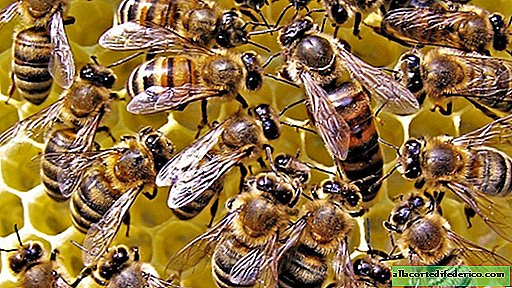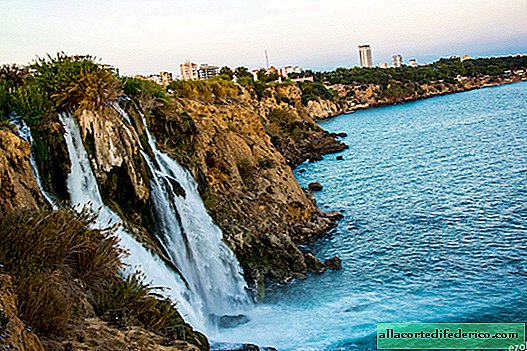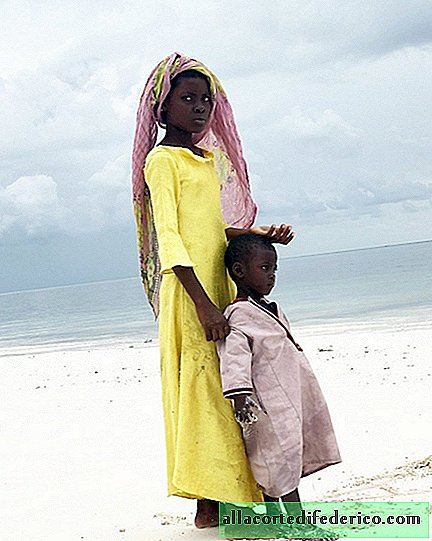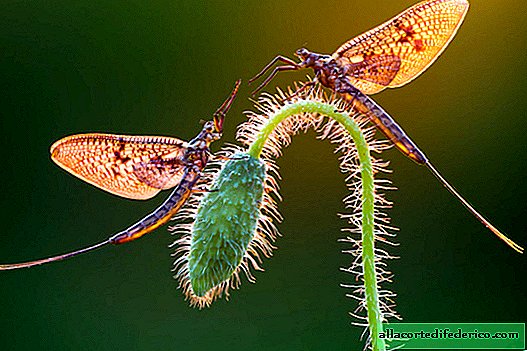Strict ban on import and landing: why Finland wants to destroy the whole rosehip
Not so long ago, Finland declared the dogrose familiar to everyone as the worst enemy and forbade its landing, as well as the import of seedlings into its territory. But, most likely, no one will try to import it, since in the country it is enough, at least, of wild forms. It is because of the fact that the rosehip is well established in Finland and crowds out other species from their places of growth, and it was recognized as an invasive species that threatens local ecosystems. But why in a neighboring country the dogrose was considered a threat, and in Russia this plant is considered a valuable medicinal species?

Rosehip is a fairly extensive genus of plants, which includes more than 300 wild species, and several thousand cultivated varieties based on them. The modern distribution area of rose hips covers all continents except Antarctica. For the most part, these are hardy and unpretentious to the living conditions species that are quickly mastered in new territories.

This happened with wrinkled dogrose (lat. Rósa rugósa), which originally came to Finland as an ornamental plant. It was used for landscaping and landscaping, and also created from it green hedges, dried fragrant petals and fruits. But a little later, the indigenous inhabitant of East Asia got accustomed so well in northern Europe that he began to threaten local species, flooding forest and meadow communities. In the language of biologists, the wildness of a species and its further growth under natural conditions is called "naturalization of the species."

The Finnish authorities decided to deal with the foreign invader in the most decisive way, although, for example, it is also widespread in neighboring Sweden and Norway, and nobody shows such anxiety there, not to mention Russia, where all rose hips are treated very favorably. By the way, the Finns themselves, without understanding, belong to the new regulatory act, which involves not only a ban on import and planting, but also the eradication of existing rosehip plantations. The country's leadership, meanwhile, determined the period during which the dog rose should completely disappear and not overshadow with its appearance the vastness of the country - 3 years.

















